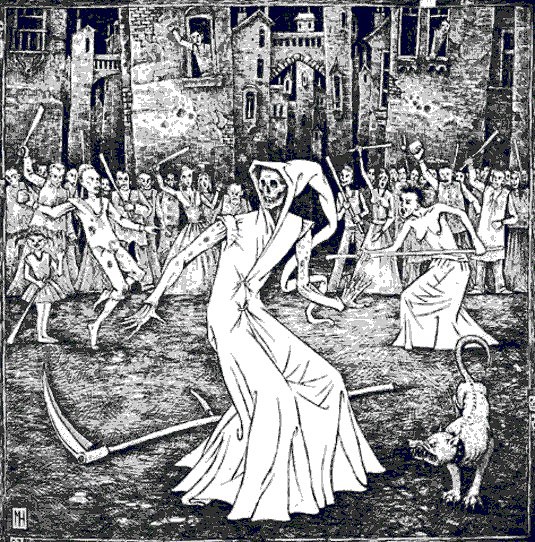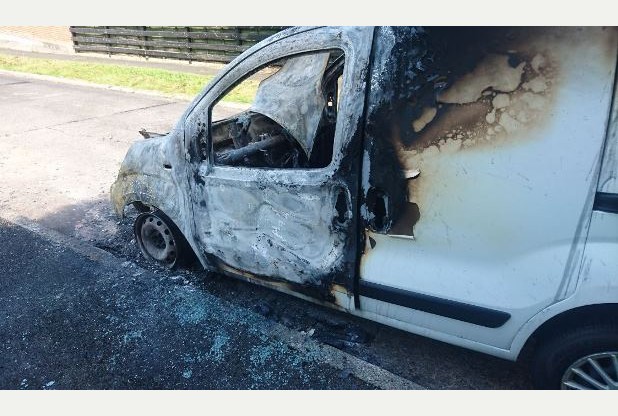
The libertarian communist of today conceives the Anarchy as a democratic a-statal regime, based on the municipality in which the majority will decide the general rule of conduct… The theorists of libertarian socialism, Bakunin, Kropotkin, Rèclus, Malatesta were instead more tolerant. They thought that in the future municipality, the economical system to follow, the ethical and moral rules to respect, the collective decisions to take will not be imposed by the majority, but they must be voluntary accepted by the totality of the associated. They believed in the agreement of all, in an idyllic life, but they admitted also a dissident minority to whom the majority will recognize the right to try their experiences. Only if the minority will attempt with violence the interests of the majority, this last one will be obliged, with force, to subdue it.
“Martucci will not accept” wrote Malatesta in 1922, polemizing in Umanità Nuova, “that, for regard to the sacred rights of the individual, we’d have to set free, to do harm, a wild killer or a rapist of children. We instead consider him a sick person and we will close him into a hospital where we will heal him.” I think that as for nature, the individual can do everything if he has the force, so the others, that feel themselves injured by his action, they can defend themselves in every way. The defence is also natural and a group can expel the one who harms the comrades, can send him to another place or kill him if the damage has been too heavy.
But he must not be deprived of freedom, closing him in a prison-hospital, he has not to be healed if he doesn‘t want to be. The presumption to attend, to heal, to put the right way up, is extremely hateful because it forces the individual to cease to be what he is and what he wants to remain to be, to become what he is not and he does not want to be. Continue reading →





